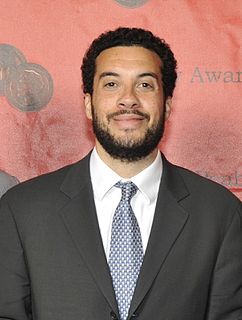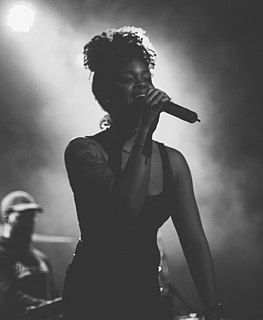A Quote by Tennessee Williams
I'm much more conscious of historical events since the '60s. In the '60s, I was insulated by my own addictions, my own lifestyle, from what was going on in the world. After I recovered I was amazed at certain people who had died. I hadn't noticed that they had gone. Not friends ... I'm talking about public figures who had passed away.
Related Quotes
There were times when it appeared to Dorian Gray that the whole of history was merely the record of his own life, not as he had lived it in act and circumstand, but as his imagination had created it for him, as it had been in his brain and in his passions. He felt that he had known them all, those strange terrible figures that had passed across the stage of the world and made sin so marvellous, and evil so full of subtlety. It seemed to him that in some mysterious way their lives had been his own.
O.J. Simpson was primarily interested in O.J. His rise to fame in the late '60s coincided with the period where black athletes were more outspoken and political than in any era. You're talking about the generation of black athletes that came about after Jackie Robinson. Athletes after that were just happy to find a place in sports. But when you got to the mid-'60s, you had athletes like Jim Brown and Muhammad Ali, who were very outspoken on the issues of race and civil rights.
I think it's true about people now being closer to their parents, since the '60s, really. The parents are no longer from a different planet, the 1950s ideas of American family. We could be friends with our parents. After the '60s, it wasn't like a person smoking pot was what the parents would be appalled at.
He knew who I was, at that time, because I had a reputation as a writer. I knew he was part of the Bush dynasty. But he was nothing, he offered nothing, and he promised nothing. He had no humor. He was insignificant in every way and consequently I didn't pay much attention to him. But when he passed out in my bathtub, then I noticed him. I'd been in another room, talking to the bright people. I had to have him taken away.
We had people who did housing, people who did anti-war, people who did schools. Everyone operated in their own niche, but not separately. We all were together on certain issues when it was important. Everybody was active in the '60s. I feel that there's a lot of active radical thought today but not much action.
I had an incredibly full life with my imagination: I used to have all sorts of trolls and things; I had a wonderful world around my toys and invented people. I don't mean I had imaginary friends; I just had this big imagination thing going on. I didn't need any imaginary friends, because I had so much other stuff going on.
We talk about how hard it is now. But if we look back at the '60s, we actually had a president that was assassinated. We had riots, we had Vietnam, Martin Luther King, Malcolm X, the FBI, and the Black Panther war. There was so much happening at the time where it felt like America was coming apart at the seams.
I didn't write about my mother much in the third year after she died. I was still trying to get my argument straight: When her friends or our relatives wondered why I was still so hard on her, I could really lay out the case for what it had been like to be raised by someone who had loathed herself, her husband, even her own name.





































